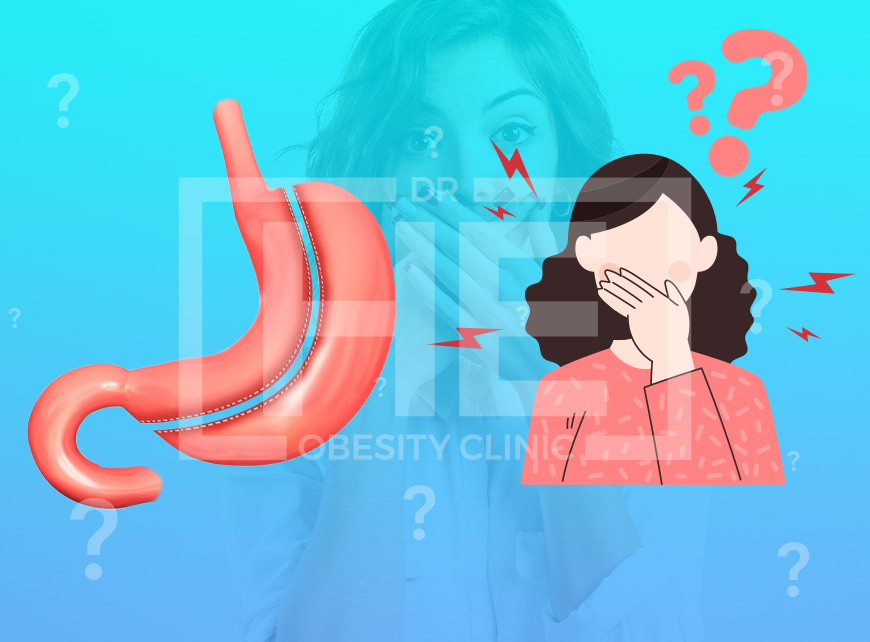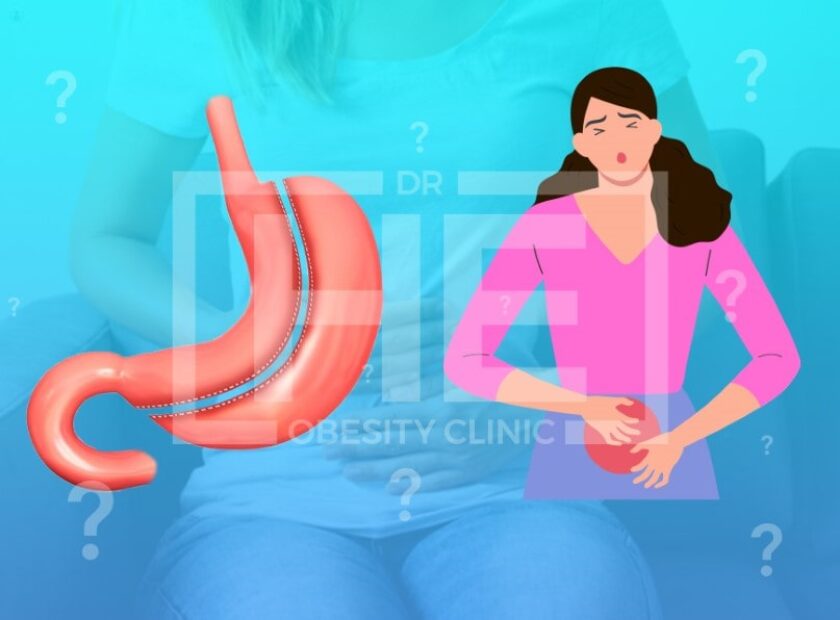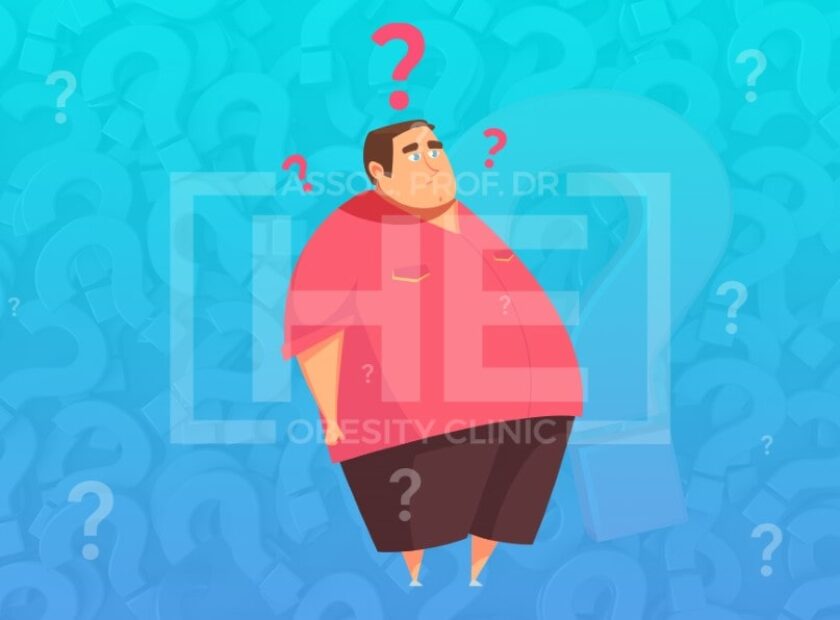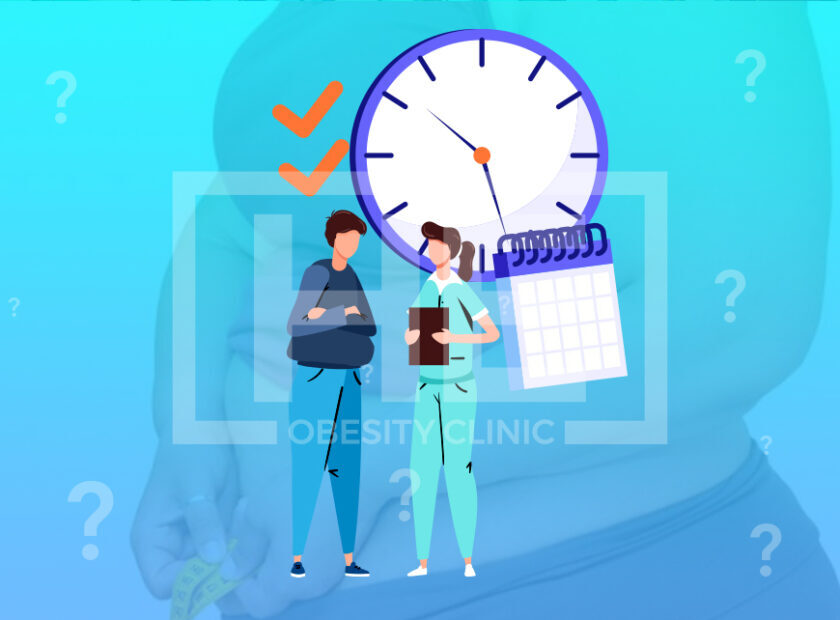
Why you get hiccups after gastric sleeve surgery? What causes hiccups after gastric sleeve? Why do i get hiccups after gastric sleeve? Hiccups (or “singultus” to the medical profession) are involuntary diaphragm muscle muscle spasms. The muscle contractions relieve stomach pressure when too much food is eaten or a gas build up occurs.
It is still not clear what causes hiccups in patients after sleeve gastrectomy. The reason hiccups occur following sleeve gastrectomy is most likely caused by eating fast or too much or not chewing your food thoroughly enough. It is still a mystery why some patients feel hiccups even though they aren’t eating or drinking at the moment.
Most patients will experience a decrease in hiccups within a few days or weeks after surgery. You can avoid prolonged episodes of hiccupping by watching what you eat.
While hiccups aren’t a significant issue, they can lead to other complications. You can reduce your risk of experiencing these uncomfortable episodes by limiting your intake and eating slowly.
If you experience frequent bouts of hiccups after surgery, it’s best to retrace your steps and determine a common denominator.
You may be experiencing hiccups after eating too quickly or too much. Or, you could be experiencing them due to specific foods. To avoid having hiccups, try to pay attention to what your body needs. Keep a food journal if you need to. Keeping a food journal will make it easier for you to watch what you eat during the day.
While you’re not eating more than you need to, skipping meals or snacks is a common trigger. If you’re experiencing frequent episodes, it’s important to remember what triggers the hiccups, so you can avoid them.
Recommended content: Gastric Sleeve Turkey
Hiccups After Gastric Sleeve
Why you get hiccups after gastric sleeve surgery? What causes hiccups after gastric sleeve? Why do i get hiccups after gastric sleeve? Gastric sleeve surgery, also known as sleeve gastrectomy, is a popular weight loss procedure that involves the removal of a large portion of the stomach, leaving a sleeve-shaped section about the size of a banana. This significantly reduces the stomach’s capacity and helps patients feel full faster, leading to weight loss. While the procedure has been proven to be effective for many individuals struggling with obesity, it can also come with some potential side effects and complications. One common issue that some patients experience after gastric sleeve surgery is hiccups.
Hiccups, also known as singultus in medical terms, are sudden, involuntary contractions of the diaphragm muscle. These contractions are often accompanied by a characteristic “hic” sound caused by the sudden closure of the vocal cords. While hiccups are usually harmless and temporary, they can be bothersome and even painful for some individuals, especially when they persist for an extended period of time.
So, why do some individuals experience hiccups after gastric sleeve surgery? There are several potential reasons for this phenomenon, and it’s essential to understand the underlying causes and possible solutions.
1. Changes in Stomach Anatomy: After gastric sleeve surgery, the stomach undergoes significant changes in both size and function. The reduced stomach capacity and alterations in digestive processes can sometimes lead to irritation of the nerves that control the diaphragm, resulting in hiccups. Additionally, the reshaping of the stomach can affect its interaction with the surrounding organs, potentially contributing to hiccups.
2. Rapid Weight Loss: Following gastric sleeve surgery, patients typically experience rapid weight loss due to reduced food intake and changes in metabolism. While weight loss is a desired outcome of the surgery, it can also lead to hiccups in some individuals. The body’s adjustment to rapid changes in weight and metabolism may trigger hiccups as a temporary response.
3. Diet and Eating Habits: Changes in diet and eating habits are inevitable after gastric sleeve surgery. Patients are required to adhere to specific dietary guidelines and portion control to support their weight loss journey and overall health. However, certain dietary factors, such as consuming food too quickly or drinking carbonated beverages, can contribute to hiccups. Additionally, swallowing air while eating or drinking may also trigger hiccups in some individuals.
4. Nerve Irritation: The surgical manipulation of tissues during gastric sleeve surgery can potentially lead to irritation of the nerves in the abdominal region. This irritation may manifest as hiccups in some patients during the post-operative period as the body adjusts to the changes.
Managing Hiccups After Gastric Sleeve Surgery
If you’re experiencing hiccups after undergoing gastric sleeve surgery, there are several strategies you can try to alleviate this discomfort:
1. Slow Down During Meals: Eating too quickly or not chewing food thoroughly can contribute to hiccups. Practice mindful eating, take smaller bites, and chew your food slowly to reduce the likelihood of hiccups.
2. Avoid Carbonated Beverages: Carbonated drinks can introduce air into the digestive system, potentially triggering hiccups. Opt for still water or other non-carbonated beverages to stay hydrated.
3. Follow Dietary Guidelines: Adhere to the dietary recommendations provided by your healthcare team. Consuming small, frequent meals and avoiding foods that are known to trigger hiccups can help manage this issue.
4. Stay Hydrated: Proper hydration is essential for overall health and can also help alleviate hiccups. Drink an adequate amount of water throughout the day, but avoid drinking large amounts of fluids in a short period, as this can also lead to hiccups.
5. Seek Medical Advice: If hiccups persist for an extended period or become particularly bothersome, it’s crucial to consult your healthcare provider. They can evaluate your specific situation and provide tailored recommendations or interventions to address the hiccups effectively.
In most cases, hiccups after gastric sleeve surgery are temporary and resolve on their own as the body continues to adapt to the changes brought about by the procedure. However, if you’re experiencing persistent or severe hiccups that significantly impact your daily life, don’t hesitate to seek professional medical guidance.
It’s important to approach post-operative challenges with patience and proactive communication with your healthcare team. By staying informed and actively participating in your recovery process, you can effectively manage potential issues such as hiccups and continue progressing towards your weight loss and overall wellness goals following gastric sleeve surgery.
Consult Your Surgeon If Hiccups Are Persistent
If the hiccups are a persistent problem, it may be worth discussing with your healthcare team. A doctor may prescribe medication to help reduce the frequency of hiccups. In severe cases, the hiccups can cause dehydration and weight loss.
Prolonged episodes can lead to sleeplessness, fatigue, and communication problems. They can also increase your risk of developing clinical depression.
Changing habits and eating habits can reduce the incidence of these symptoms. In addition, it’s important to limit your intake of fast food or too much sugary food.
It is not uncommon to experience hiccups after gastric sleeve surgery. However, this side effect can be severe. If you’ve undergone the procedure, you should consult with your healthcare provider to find out the most suitable treatment.
During the procedure, you’ll likely experience frequent bouts of burping, which is an uncomfortable condition. If you’re constantly experiencing hiccups after gastric esophagus resection, you might need to undergo additional surgery to correct the problem.
During the recovery period, your body will adjust to the new size of your stomach and will be able to process more food than before. In addition to weight loss, the hiccups after gastric reshaping surgery can cause other side effects, including vomiting, and insomnia.
Is It Common to Get Hiccups After Surgery?
Following surgery, hiccups are a frequent occurrence and can be brought on by a number of things, such as digestive tract or diaphragm irritation, modifications to the brain’s or the nerves’ regular function, or the use of specific medications. The majority of the time, hiccups go away on their own after a few minutes, but they can occasionally persist and need to be treated. It’s crucial to speak with a doctor if your hiccups don’t go away or are joined by other symptoms.





